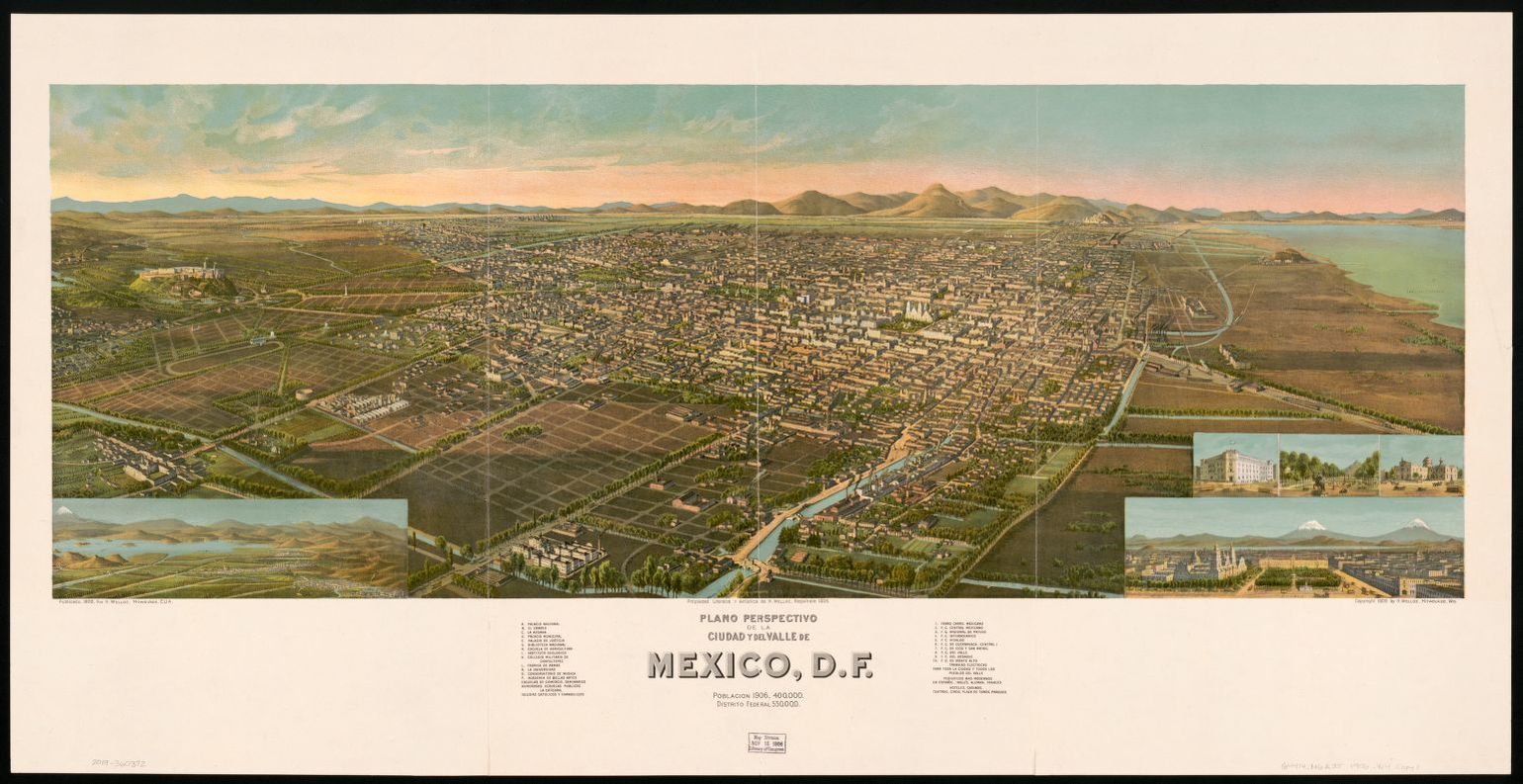Interview with Ryan M. Alexander, author of “The Fever of War: Epidemic Typhus and Public Health in Revolutionary Mexico City, 1915–1917”
By Samantha Davis Ryan M. Alexander is associate professor of history at the State University of New York College at Plattsburgh. He is the author of Sons of the Mexican Revolution: Miguel Alemán and His Generation (University of New Mexico Press, 2016). His research interests range from political violence and popular memory to circus culture and disease epidemics. You can read his article “The Fever of War: Epidemic Typhus and Public Health in Revolutionary Mexico City, 1915–1917” in HAHR 100:1. …










